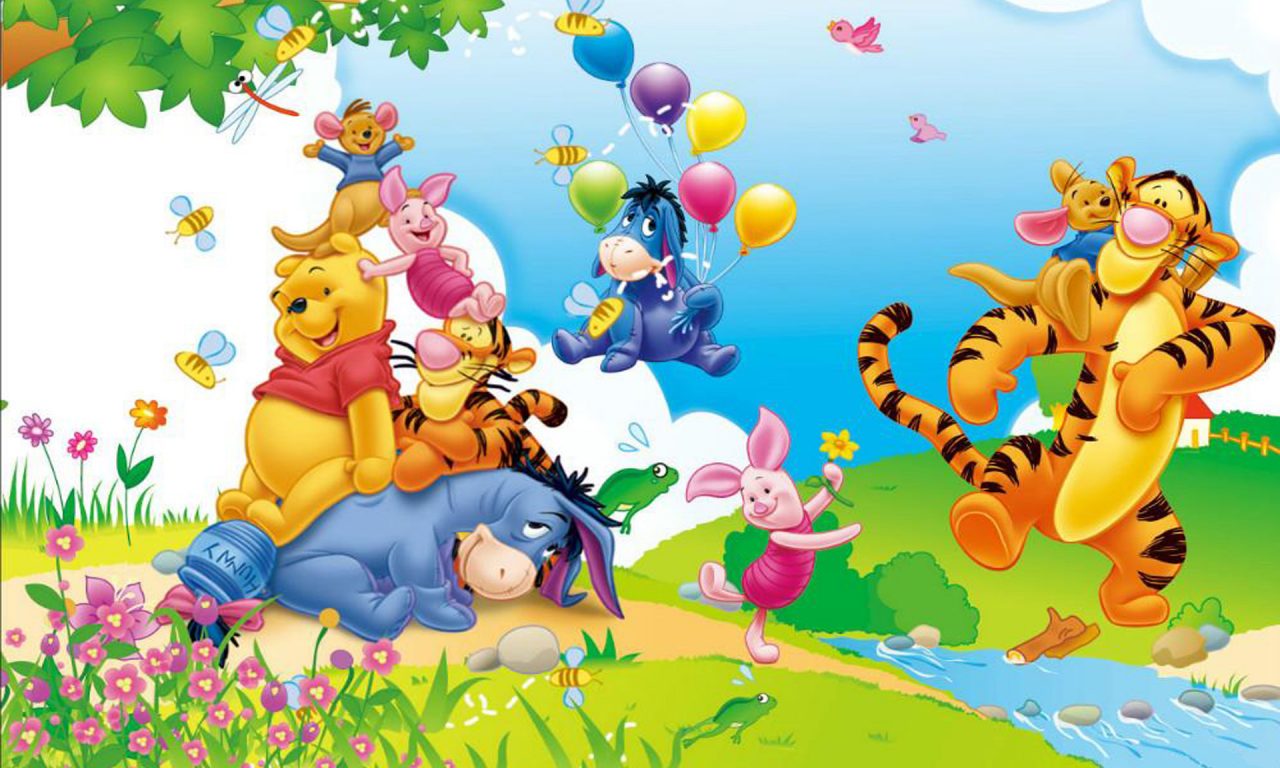There is an immense collection of non-copyrighted information that is largely unexplored. This information, referred to as “public domain,” generally consists of works whose copyright term has expired. However, there are several hitches that may come with using public domain content. Winnie The Pooh Book and Characters entering the public domain is a great example of this.
Winnie the Pooh Book and Characters entering Public Domain
U.S. Copyright law protects movies, audio, and books produced in the United States. However, copyrights ultimately expire, and when they do, the works become “public domain,” meaning that anyone can share them — or produce derivative works based on them — without the consent of the original author (or, more likely, the person’s estate).
According to Duke University’s Center for the Study of the Public Domain, new titles enter the public domain every year. And for the first time, books and films featuring characters and creators as disparate as Greta Garbo, William Faulkner, and Winnie the Pooh will be made public. This means the content may be repurposed, redistributed, and published to YouTube without provoking the rights holders’ displeasure.
While these works are no longer subject to copyright limitations, do not expect a flood of Winnie the Pooh cartoons. The initial public domain release applies to Milne’s first Pooh novel but does not extend to Disney’s animated adaptation (which includes Pooh wearing a red shirt) or any of Milne’s later works, such as the character of Tigger. (Yet.) In the case of Bambi, the public domain would not apply to Disney’s animated version from 1942.
What are the origins of these rules?
The first U.S. Copyright Law, enacted in 1790, gave creators 14 years to keep the rights to their work. Intellectual property protection gives producers an absolute monopoly of rights over their work for a set amount of time, encouraging them to keep producing and inspiring others to do the same. Additional intellectual property laws have now extended copyright rights to 100 years or more, far beyond the lives of the original inventors. Because of the extended copyright duration established by the United States in recent decades, many works that would now be available have long been lost, since they were not lucrative to preserve for the legal owners and could not be utilized by others.
Consulting with a Copyright Attorney
The realm of copyright is a complicated one. It is vast and sprawling. As a result, you should seek the advice of a copyright attorney who can assist you with any Intellectual Property related issues.
From our office location in Orange County, we assist clients throughout Southern California, across the nation, and around the world. Call us at (888) 676-7211 today to speak with one of our experienced copyright attorneys. You can also contact us by secure email.







